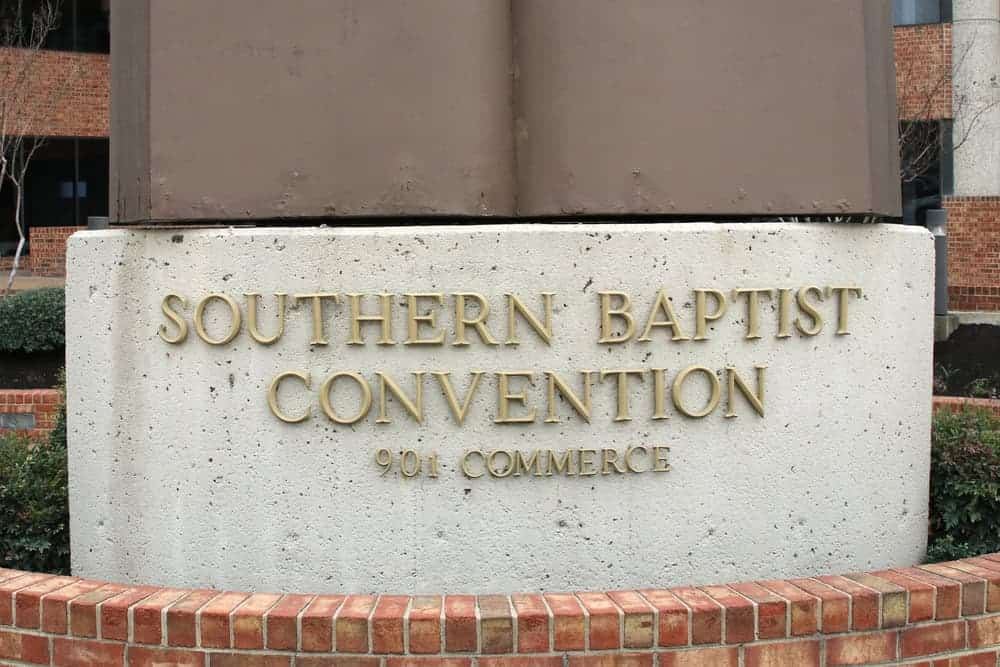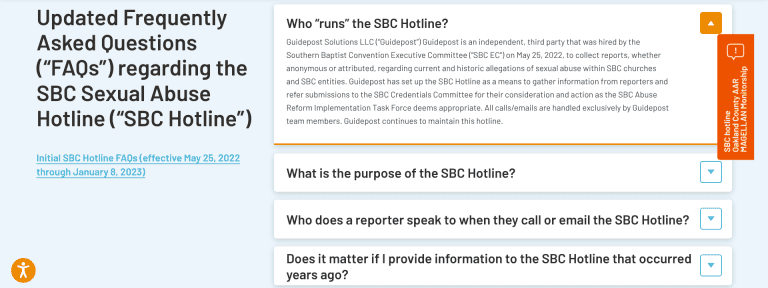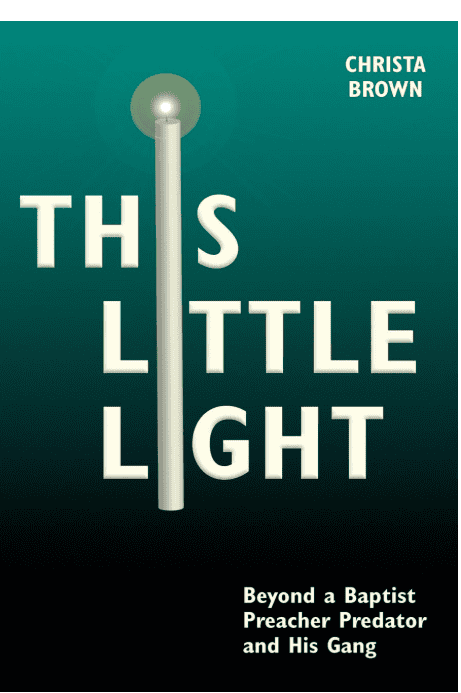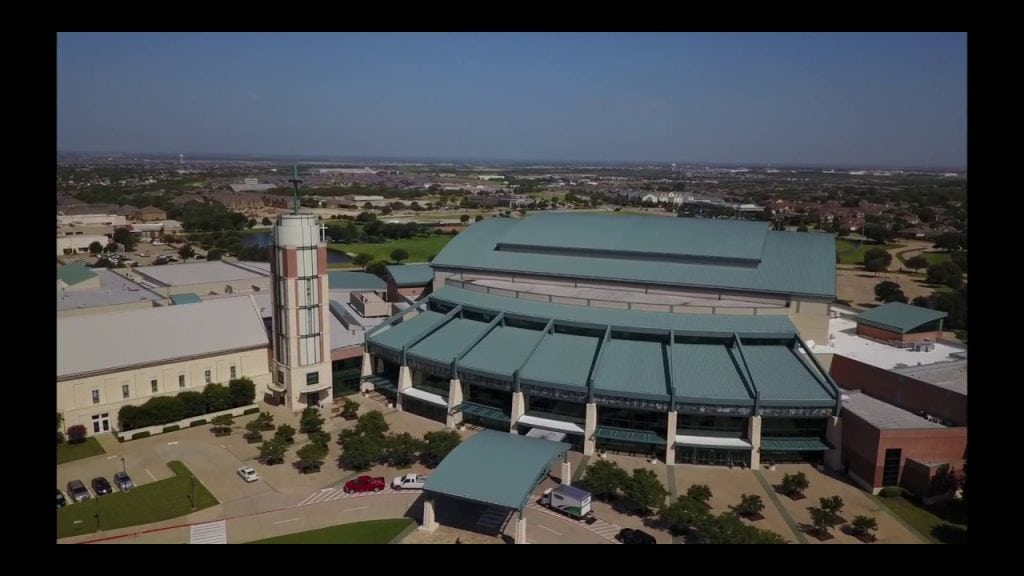Truett McConnell University in Cleveland, GA, has unanimously selected Larry Lyon as its next president following the firing of former president Emir Caner over allegations involving the handling of sexual abuse reports. Lyon’s appointment comes amid heightened scrutiny of Southern Baptist institutions and ongoing calls for accountability and transparency in how abuse allegations are addressed within faith-based organizations.



